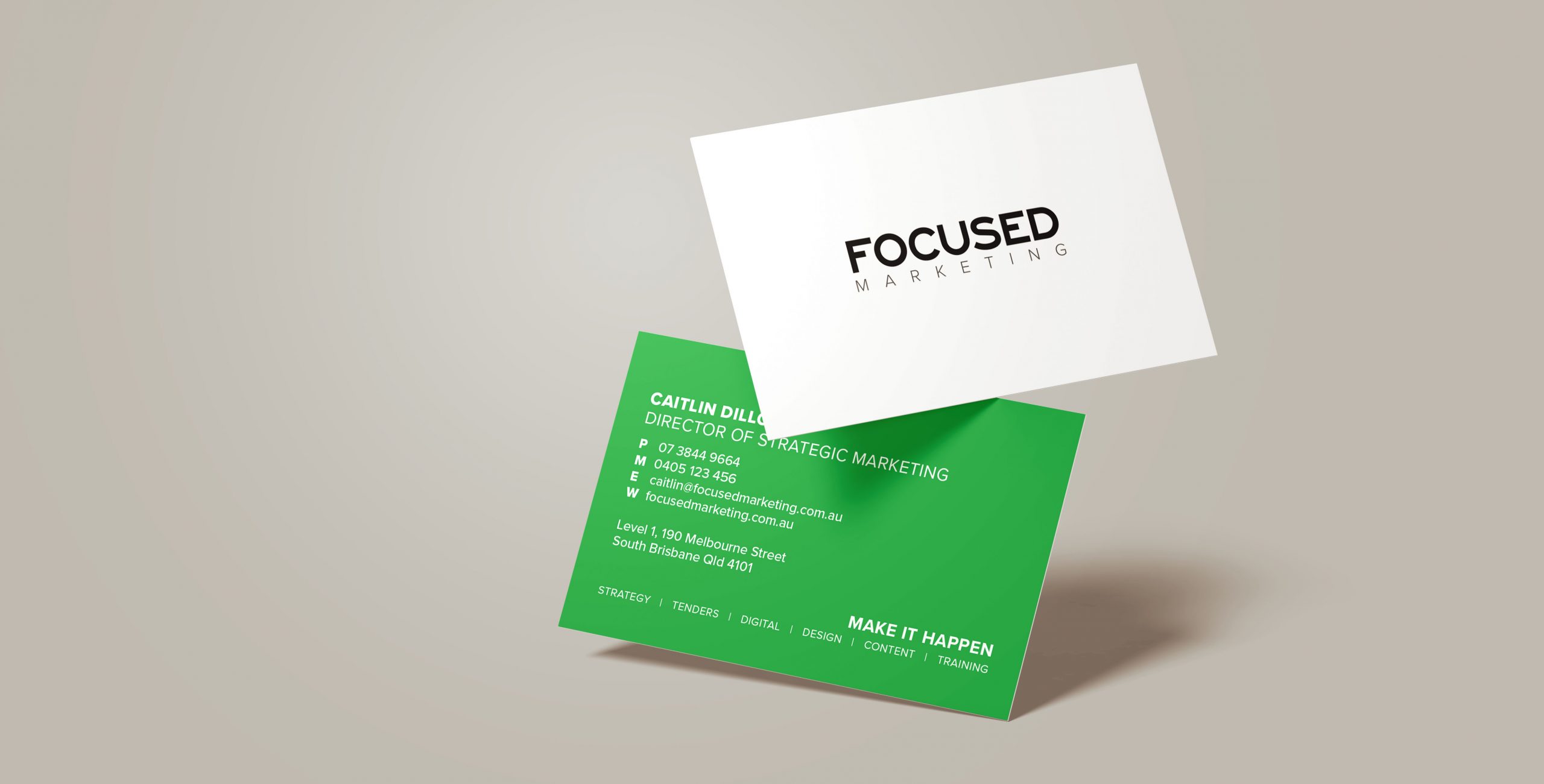
Business cards have always been a given. Not only as a standard part of a business’s brand collateral but a vital networking tool. Now we’re wondering: are printed business cards becoming obsolete? Even our wallets are becoming digitised, and we don’t want to carry any unnecessary paper around if more streamlined options are available. Australia’s printing industry is experiencing a decline, and the digital space is experiencing significant growth and innovation. Business cards are no exception, and below we explore a few options to consider.
The rise of the QR code
It’s been amusing to witness the meteoric rise of the once humble QR code. In not-so-distant times, QR codes were easily dismissed and considered not to be useful or relevant. The pandemic has seen QR codes find new life, revived by the need for contactless exchange of information. QR codes are experiencing a mainstream resurgence and are now a part of daily life. We’re seeing businesses use QR codes for everything from menus and online ordering, to linking to social media and driving traffic to websites. The networking potential in QR codes is particularly significant when it comes to business cards.
You may have already encountered a VCard, its purpose is to share contact information. The code makes it easy for your new acquaintance to add your information as a new contact by scanning the code with their smartphone. The QR code VCard makes this instant and effortless, opposed to manually typing in all of your details. We’ve recently used these for our clients, and these codes may become increasingly common on business cards of the future.
However, printed cards that feature a QR code do have their disadvantages. The QR code can detract from the visual appeal of the card design. (We’re interested to see how QR codes evolve visually and if they become more simplified in the future!) Since the card is scanned once and no longer needed, this adds to its disposability.
Environmental considerations
Many businesses are focusing on reducing their environmental footprint. Working with clients in the sustainability space, we are seeing many choose not to print cards at all. There are concerns that printed business cards are becoming redundant and contribute to unnecessary waste. Some studies show that shockingly, 88% of business cards are disposed of within the first week.
A number of companies have emerged offering digital business card services. These are cards that exist virtually rather than in printed form. Their usage is usually facilitated by an app. To exchange information, the other person scans a QR code displayed on your phone and a screen will pop up on theirs – the digital business card. These are a visually effective solution, as most services allow you to customise the screen that appears upon scanning. You should be able to adjust the colours, typography, and add your company logo so the visuals align with your brand.
Another interesting option we’ve come across is a one-off, physical business card that stores data within the card. These cards can be printed with a custom design and don’t need a QR code or other barcode. Your contact information is stored digitally, and others can receive your contact info by holding their smartphone up to the card. The owner of the card would keep the card on hand and use it continuously, rather than being disposable. This is an example of such cards.
Digital cards are more future-proof
Another disadvantage of printed cards to consider is the fact that the details can’t be edited. If your logo gets a revamp, or an employee changes their phone number or position, unfortunately, you have to print a whole new run of cards. Most digital business cards offer a service that will let you update the contact details as needed.
Some people still relish the formal exchange of a physical card. In some countries such as Japan and China, it is still an important part of business etiquette – the ritual of exchanging business cards is seen as an act of respect. As we hurtle toward an increasingly digital world, we’re wondering if traditional business cards will join many other types of print design in becoming extinct.
Wondering which option would work best for your business? Get in touch for your branding and marketing needs.
Recent Comments